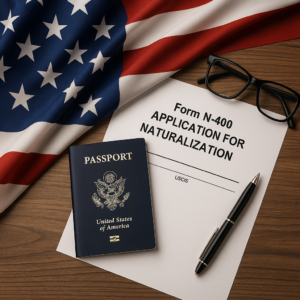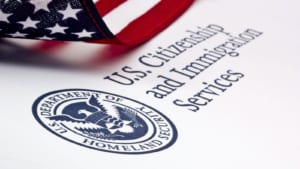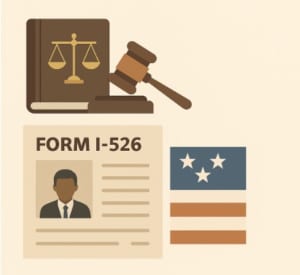依親移民是美國移民制度裡重要的一環,允許美國公民和合法永久居民為其近親提供擔保。依親移民簽證類別其中一類是第一優先類別,針對美國公民的未婚成年子女(21歲以上); 通常稱為 F1 類別。
第一優先類別簽證的等待時間差異甚大,具體取決於幾個因素,包括受益人的原籍國、簽證類別的需求,以及已經在等待相關簽證類別的申請人數量。為確定第一優先類別的等待時間,美國國務院(DOS)每月會發布一份簽證公告欄,列出所有依親移民和職業移民優先類別的優先日期「截止日期」。優先日期是美國公民代表受益人提交 I-130 外籍親屬申請的日期。
簽證公告欄列出了每個優先類別的優先日期,即美國公民及移民服務局(USCIS)收到代表受益人提交I-130外籍親屬申請(I-130申請)的日期。優先日期決定了申請人在移民簽證的排期位置,而移民簽證的名額是按照申請人優先日期的順序所發放。
預計的簽證等待時間取決於簽證公告欄所列的當前優先日期與截止日期之間的差異。如果受益人的優先日期早於截止日期,可能就能申請移民簽證或調整其身份為合法永久居民。
非常重要的是要明白這些優先日期可能好幾個月都不會前進,可能每月只前進一週,可能跳躍式前進數週或數個月,也可能甚至後退(日期倒退),具體取決於簽證需求。因此,優先日期的作用僅對大致了解申請人可能需等待簽證的時間有個概念。
根據2014年12月1日的優先日期 – 2023年3月簽證公告欄表A裡所有地區的最終行動日期,如果美國公民今天為未婚子女提交I-130申請,預估F1類別簽證的等待時間約為12年。墨西哥和菲律賓國民將需等待更久的時間。
此預估是根據當前對該移民簽證類別的需求,以及美國的移民制度中此類簽證的名額。單純就優先日期來看目前的等待時間只要10年,但重要的是要記住,等待時間會因不同因素而異,包括每年提供的簽證數量,以及排隊等候的人數。優先日期並不會定期向前推進。
如果您有關於美國簽證的問題,歡迎透過 info@enterlinepartners.com 聯繫我們,預約諮詢我們在亞洲區胡志明市、馬尼拉和台北辦公室的美國移民律師。
ENTERLINE & PARTNERS CONSULTING
越南胡志明市辦公室
地址: Suite 601, 6th Floor, Saigon Tower, 29 Le Duan Street, Ben Nghe Ward, District 1.
電話: +84 933 301 488
Email: info@enterlinepartners.com
Facebook: Enterline and Partners 美國投資移民
Website: https://enterlinepartners.com/language/zh/首頁/
菲律賓馬尼拉辦公室
地址: Unit 2507 Cityland 10 Tower 1, 156 H.V. Dela Costa Street, Makati City, Philippines 1209
電話: +63 917 543 7926
Email: info@enterlinepartners.com
Facebook: Enterline and Partners Philippines
Website: https://enterlinepartners.com/language/en/welcome/
2023年版權所有。本文僅供參考,不構成正式法律意見。本文如有更改,恕不另行通知。本文所表達的僅為Enterline and Partners移民之意見。





